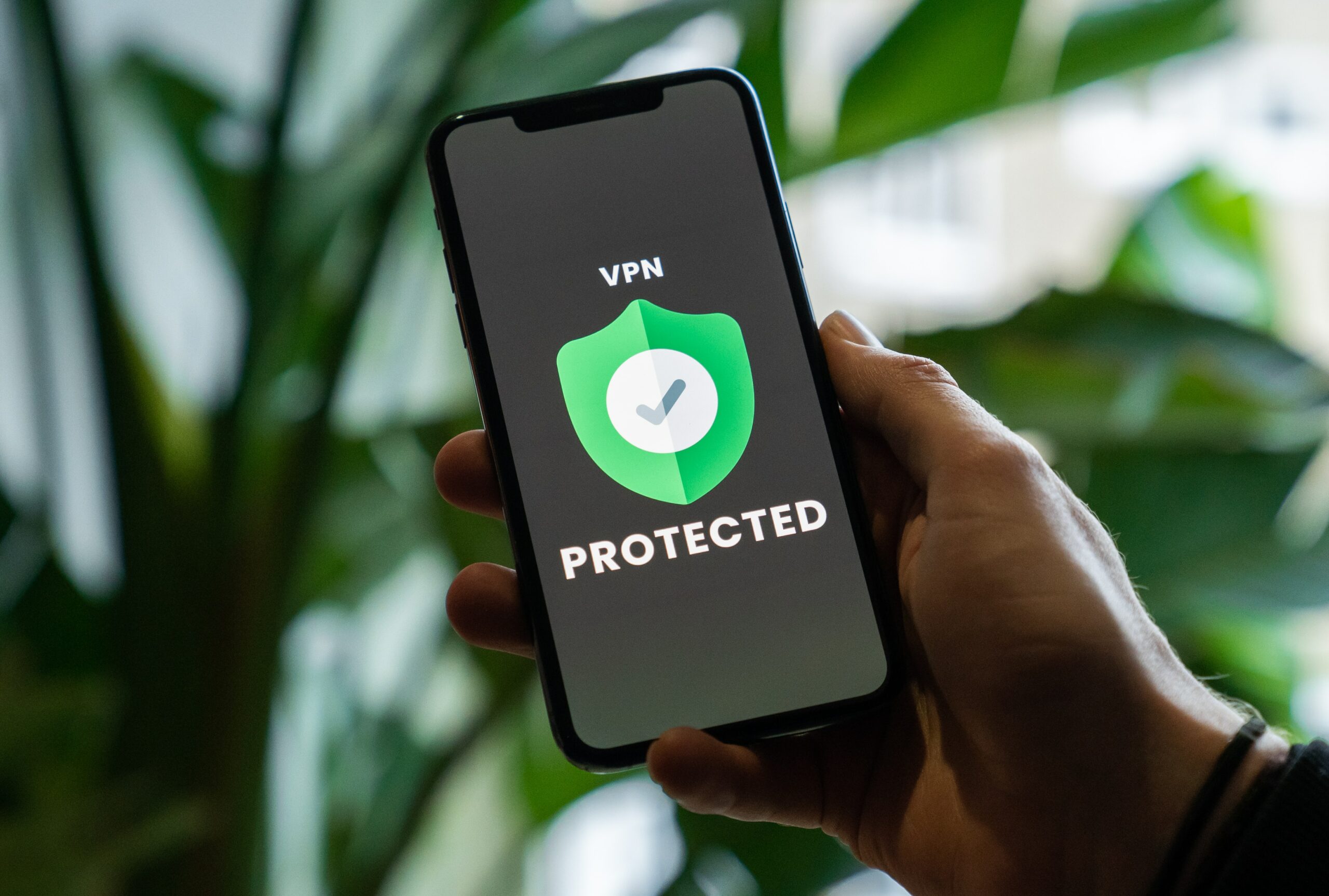Should I Use Public Wi-Fi?
Key Takeaways
- Public Wi-Fi risks and how they affect your security.
- Steps to mitigate these risks if you must use public Wi-Fi.
- Alternatives to using public Wi-Fi.
As you navigate your daily routine, you've likely encountered many opportunities to connect to public Wi-Fi. Maybe you've considered connecting while waiting for a friend at a coffee shop, or while sitting in a public park during lunch. However, have you ever stopped to wonder whether using public Wi-Fi is a good idea?
This article aims to address that question and provide you with the necessary information to make an informed decision.
Public Wi-Fi: An Overview
Public Wi-Fi, as the name suggests, refers to wireless internet access points that are publicly accessible. These access points could be at coffee shops, libraries, airports, hotels, or other public places.
While the convenience of public Wi-Fi is undeniable, it's essential to recognize the security risks that these networks pose. Connecting to them can expose your device to various threats, including data breaches, malware attacks, and other types of cyber-attacks.
The Risks of Public Wi-Fi
- Unencrypted Networks: Public Wi-Fi networks often lack proper encryption, making it easier for cybercriminals to intercept the data you send and receive on the network. They can steal sensitive information such as credit card details, login credentials, and personal emails.
- Man-in-the-Middle Attacks: This type of cyber-attack occurs when a hacker intercepts communication between two parties to steal data. Public Wi-Fi networks are prime targets for these types of attacks.
- Malware Distribution: Cybercriminals can exploit vulnerabilities in public Wi-Fi to distribute malware to connected devices. Once infected, your device can be controlled or your data can be stolen.
- Rogue Wi-Fi Networks: These are networks set up by cybercriminals that mimic legitimate public Wi-Fi networks. Once you connect to these networks, the cybercriminals can steal your data.
To protect your data and personal information, it's important to adopt security measures when using public Wi-Fi or find safer alternatives.
Safeguarding Your Data on Public Wi-Fi
If you need to use public Wi-Fi, there are several steps you can take to mitigate the associated risks:
- Use a Virtual Private Network (VPN): A VPN encrypts your data and provides a secure tunnel for it to travel through the internet. This makes it difficult for cybercriminals to intercept your data. InfoStream offers robust VPN solutions for users who often need to connect to public Wi-Fi.
- Enable Firewall: A firewall acts as a shield between your device and the internet, blocking malicious traffic and preventing cyber threats. Ensure your device's firewall is active before connecting to a public Wi-Fi network.
- HTTPS: Ensure the websites you visit use HTTPS (Hypertext Transfer Protocol Secure) instead of HTTP. HTTPS encrypts the data sent between your browser and the website, adding an extra layer of security.
- Avoid Accessing Sensitive Information: Avoid logging into your bank account, entering credit card information, or accessing any other sensitive data while connected to public Wi-Fi.
These steps can considerably decrease the risk of cyber-attacks. However, it's crucial to consider alternatives to public Wi-Fi that provide safer and more secure internet access.
Safer Alternatives to Public Wi-Fi
Instead of relying on public Wi-Fi, consider the following alternatives:
- Personal Hotspot: Most smartphones have a feature that allows them to function as a personal hotspot. You can connect your device to the internet using your mobile data. This method is far safer than using public Wi-Fi.
- Use Your Data Plan: If your mobile plan has ample data, consider using it instead of connecting to public Wi-Fi. Cellular data is encrypted, making it a more secure option.
- Portable Wi-Fi: These devices, also known as Mi-Fi, allow you to connect multiple devices to the internet using a private and secure network.
FAQs
- Is it safe to use public Wi-Fi for online banking?
It's not recommended to use public Wi-Fi for online banking or any activity that requires inputting sensitive data. If you must, ensure you use a VPN for added security. - Can I get a virus from public Wi-Fi?
Yes, public Wi-Fi networks can be used by cybercriminals to distribute malware. It's crucial to keep your device's security software updated to protect against these threats. - What is the safest way to use public Wi-Fi?
The safest way to use public Wi-Fi is by using a VPN, ensuring the websites you visit use HTTPS, and refraining from accessing sensitive information.
Understanding the risks associated with public Wi-Fi and taking necessary precautions can help you navigate internet usage while on the go. It's vital to remember that the convenience of public Wi-Fi can sometimes come at the cost of your security.
Learn more about securing your online activities by checking out this InfoStream's ultimate security guide. For further assistance on IT services and cybersecurity solutions, feel free to contact InfoStream.
Remember, the free security checklist is a great starting point for securing your personal and professional data. For a comprehensive analysis of your network’s security, consider InfoStream's free full network audit and security scan.
Also, educate yourself on the common cyber threats and how to counter them in this detailed blog article on the most common cyber attacks on small businesses.
Stay safe and secure in the connected era!



